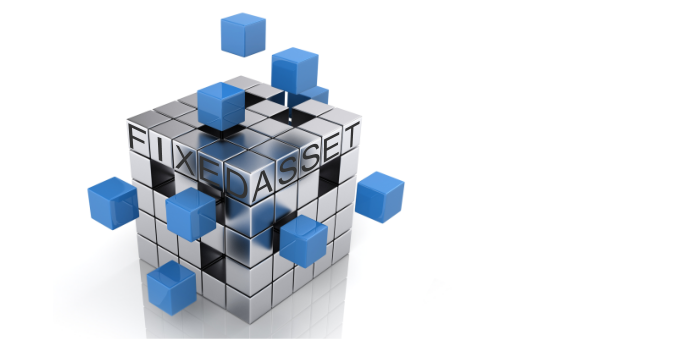Adequate tracking of fixed assets remains one of the more challenging tasks for businesses large and small. For businesses with multiple locations, they face an additional task; keeping track of the location and quantity of their fixed assets. Add maintenance tracking, product condition, and the task of depreciating those assets accurately, and the task can quickly become overwhelming. While the use of bar coding assets has helped tremendously with asset tracking and management, depreciating those assets is still a necessity, and changing tax laws can make this cumbersome task particularly difficult for business owners.
As a result of the complexity of this issue, many business owners look to their accountant to handle fixed asset management, particularly those tracking multiple asset types such as buildings and other real property, fixtures, machinery, equipment, and vehicles.
Accountants, more than anyone, know just how important it is for any business, large or small, to keep track of their assets. And as more business owners are smartly deciding to outsource this service to their accountant or CPA, the software products that are on the market that are designed to assist with managing fixed assets has become one of the most important tools a business or an accountant can have in their tool box.
Fixed asset software provides accountants with the ability to manage all of their client’s fixed assets from where the machinery resides, the type of machinery located at each business location, to when that machinery needs to be serviced. Depreciation of fixed assets is also important, and the products reviewed in this issue provide users with the ability to record the cost of each asset, create and maintain an accurate depreciation schedule, and calculate accurate tax calculations for all of those assets.
For those managing multiple fixed assets, it’s especially important to be able to calculate depreciation in a variety of ways, including Straight-Line, Declining Balance, Sum-of-the-Years’ Digits, Remaining Value Over Remaining Life, and Units of Production. Each method offers advantages and disadvantages, and may or may not be suitable for the asset that is being depreciated. Having solid asset and depreciation management in place can also impact the cash flow of any business.
In this issue, CPA Practice Advisor reviewed the following products:
- Bloomberg BNA Fixed Assets Desktop Pro
- CCH ProSystem fx Fixed Assets
- Pro-Ware Asset Keeper
- Sage Fixed Asset Accounting
- Thomson Reuters Fixed Assets CS
- Wasp Mobile Assets (overview)
In this review, we looked at various areas that can play a large part in determining what software product is best suited to a particular business or accounting firm. Those areas include Basic System Functions – which providing a general summary of the product, such as deployment methods (desktop, Cloud, SaaS), ease of navigation, and customization capability. Core Asset Management Features takes a long look at the vital features such as what depreciation methods are available, unlimited transaction capability, inventory/asset management capability, and the availability of user defined fields.
The Reporting section takes a look at system reporting capability, report customization, and formatting options. The Import/Export feature looks at product integration capability, with both related products as well as third party applications. The Help section looks at all of the tools available that are designed to assist the new user with everything from system setup to employee and staff training options. The product is then summarized, with general information and pricing provided.
The products reviewed are multi-faceted, and can be used by an accounting firm that provides their clients with fixed asset management, or by a business looking to simplify this process in house. Many of the products offer free demos to potential users, making the process of choosing a product perhaps a little bit easier.
Whether you are researching fixed asset software to deploy at your firm, or to recommend to a client, there’s no doubt that an having an effective asset and depreciation strategy in place can help to reduce business tax while also ensuring that any assets are accounted for properly.
Thanks for reading CPA Practice Advisor!
Subscribe Already registered? Log In
Need more information? Read the FAQs
Tags: Technology





